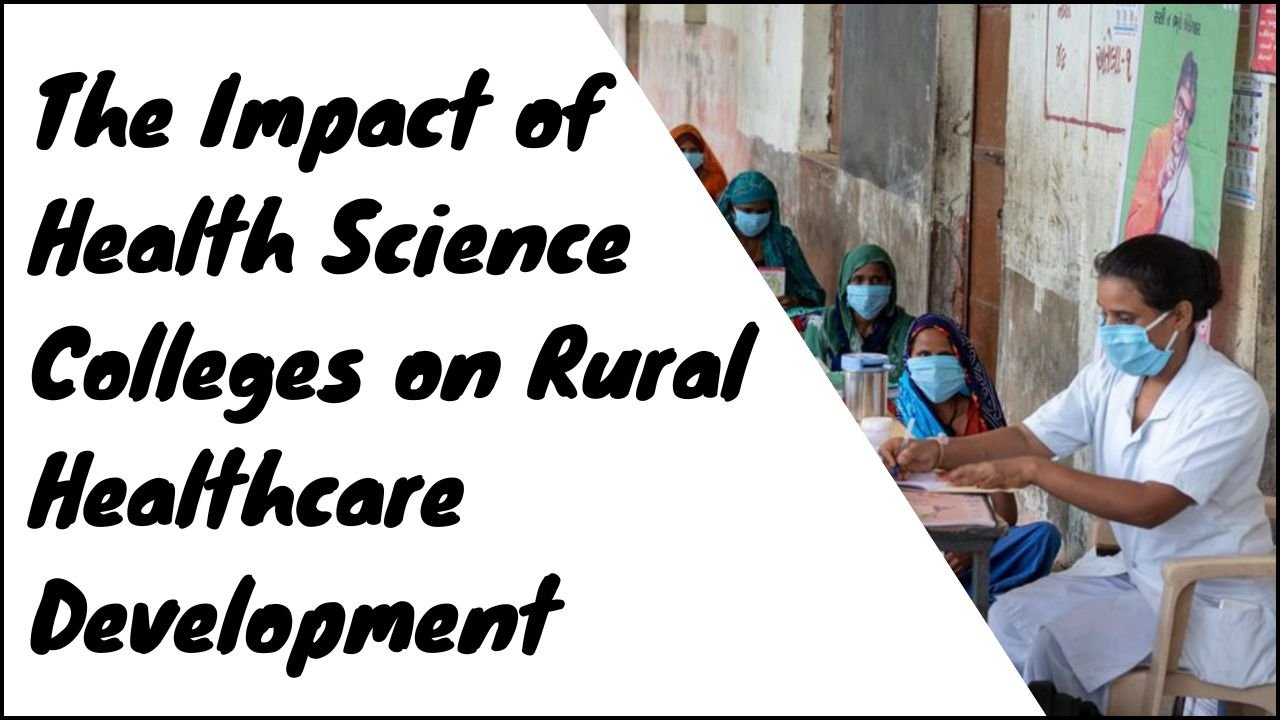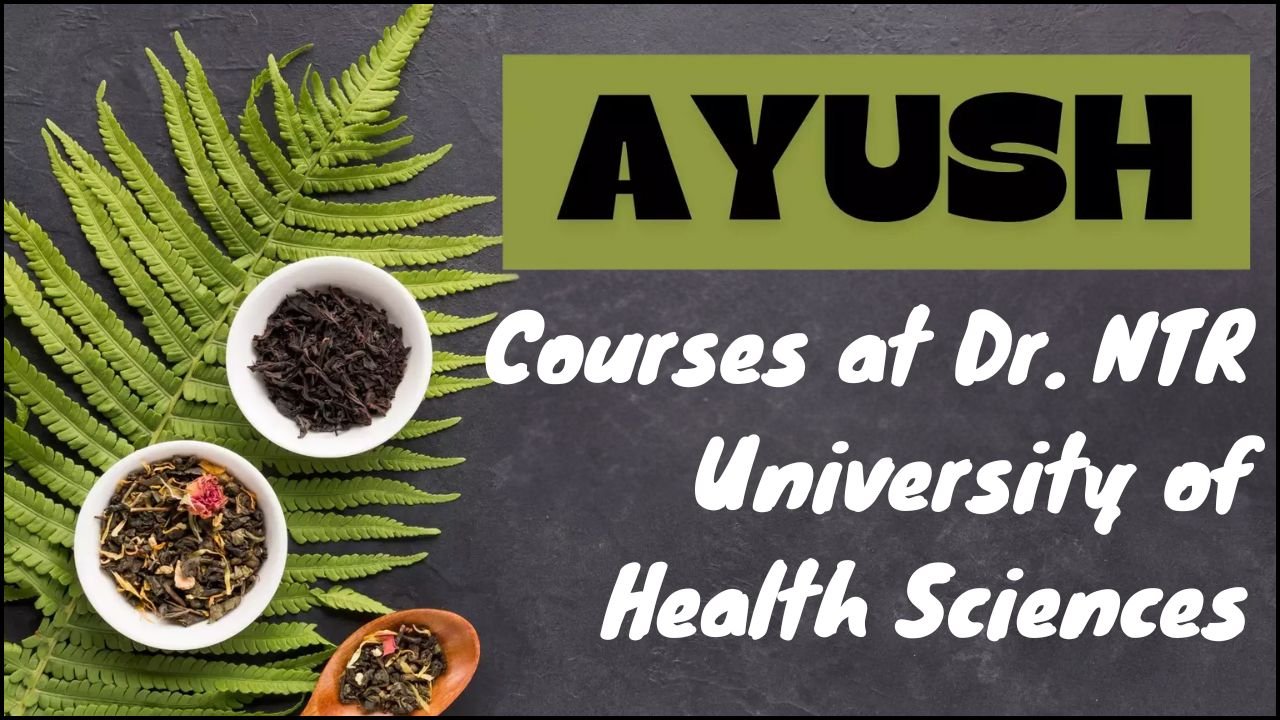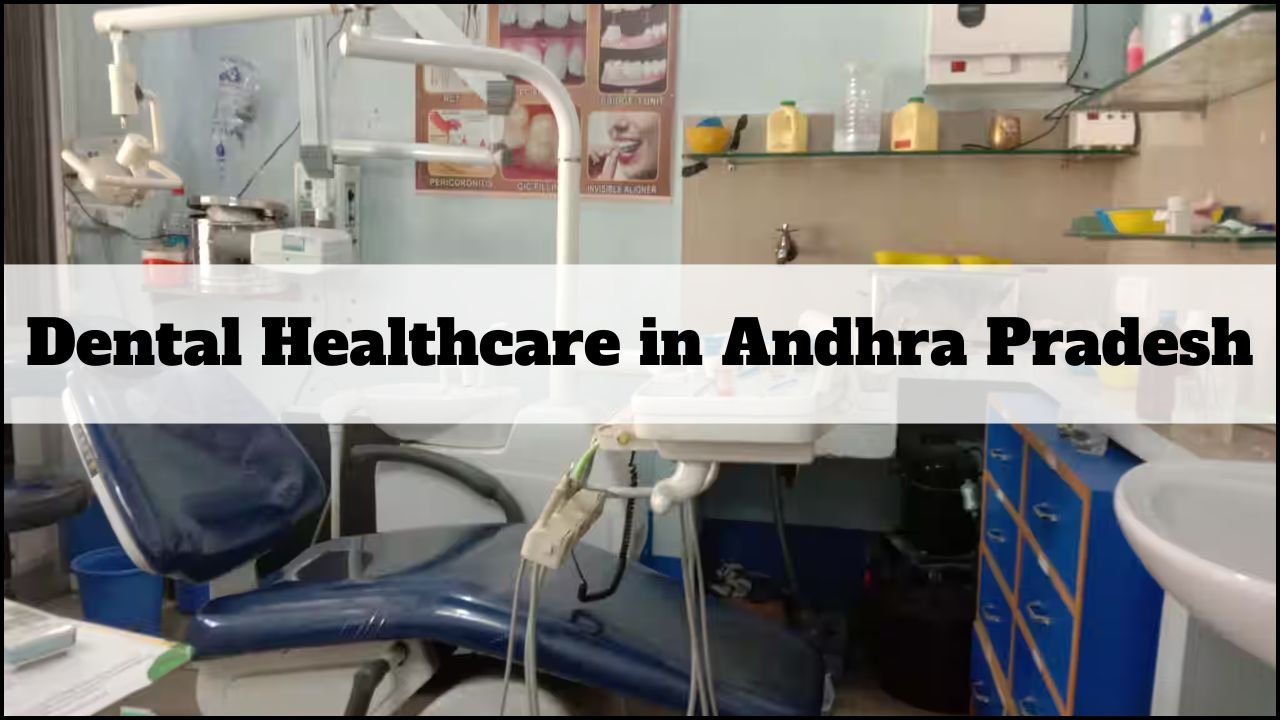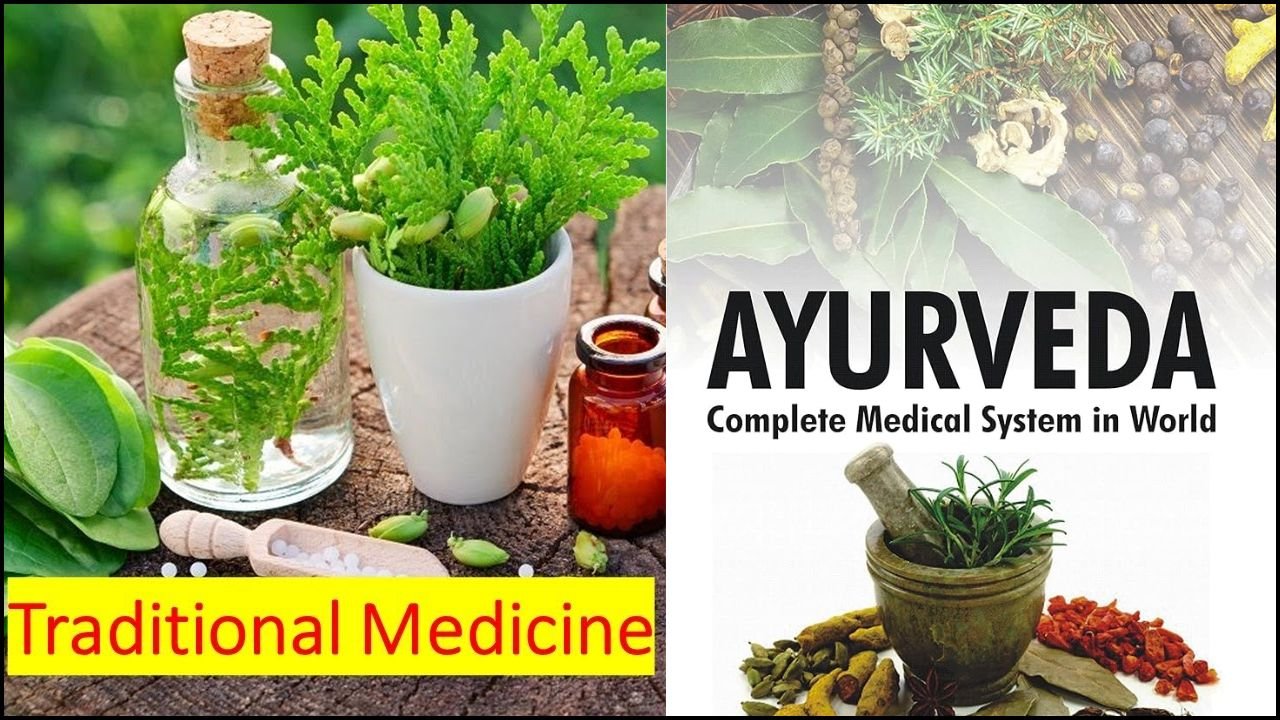
India, with its vast and diverse population, places high importance on medical education and healthcare services. Health sciences universities play a vital role in shaping the country’s medical professionals and advancing research in allied health sciences, nursing, pharmacy, dentistry, public health, and more.
This article offers a detailed look at Health Sciences Universities across India, covering their structure, top institutions, unique features, and how they support the healthcare ecosystem.
Table of Contents
What Are Health Sciences Universities?
Health Sciences Universities (HSUs) are specialized institutions that offer academic programs and conduct research in health-related fields such as:
- Medicine (MBBS, MD, MS)
- Nursing
- Pharmacy
- Dentistry
- Allied Health Sciences (Physiotherapy, Lab Tech, etc.)
- Public Health
- Ayurveda, Yoga, Unani, Siddha, and Homeopathy (AYUSH)
They are often established and governed by state or central governments and are responsible for affiliating medical colleges and ensuring standardization in curriculum and quality.
Role of Health Sciences Universities in India
Health sciences universities serve the following purposes:
| Role | Description |
|---|---|
| Curriculum Regulation | Prescribe and update syllabi for affiliated medical colleges. |
| Degree Granting | Award degrees like MBBS, BDS, BPharm, BSc Nursing, MD, MS, etc. |
| Affiliation | Control academic and administrative standards of colleges. |
| Research Promotion | Encourage innovations in medicine, diagnostics, pharmacology, and public health. |
| Healthcare Improvement | Contribute to national health programs and policy formation. |
Types of Health Sciences Universities in India
| Type | Examples | Governing Body |
|---|---|---|
| State Health Universities | Maharashtra University of Health Sciences (MUHS), TN Dr. MGR Medical University | State Governments |
| Central Health Institutions | AIIMS, JIPMER, PGIMER | Central Government |
| Deemed Universities | Manipal Academy, SRM IST, DY Patil Medical University | UGC / AICTE-approved Deemed Bodies |
| AYUSH Universities | Gujarat Ayurved University, Rajasthan AYUSH University | Ministry of AYUSH |
| Allied Health Universities | NIMS Hyderabad, NIMHANS Bangalore | Central/State Government |
Top State Health Sciences Universities in India
| University Name | State | Year Established | Approx. No. of Affiliated Colleges |
|---|---|---|---|
| Maharashtra University of Health Sciences (MUHS) | Maharashtra | 1998 | 400+ |
| Dr. NTR University of Health Sciences | Andhra Pradesh | 1986 | 200+ |
| The Tamil Nadu Dr. M.G.R. Medical University | Tamil Nadu | 1987 | 250+ |
| Rajiv Gandhi University of Health Sciences (RGUHS) | Karnataka | 1996 | 600+ |
| Atal Bihari Vajpayee Medical University | Uttar Pradesh | 2020 | 70+ |
| West Bengal University of Health Sciences | West Bengal | 2003 | 100+ |
| Kerala University of Health Sciences | Kerala | 2010 | 300+ |
| Baba Farid University of Health Sciences | Punjab | 1998 | 150+ |
| Srimanta Sankaradeva University of Health Sciences | Assam | 2009 | 50+ |
Top Central and Deemed Institutions for Health Sciences
| Institution Name | Location | Type | Key Courses |
|---|---|---|---|
| All India Institute of Medical Sciences (AIIMS) | New Delhi & others | Central Govt | MBBS, MD, Nursing, PhD |
| Postgraduate Institute of Medical Education and Research (PGIMER) | Chandigarh | Central Govt | MD, MS, MCh, PhD |
| Jawaharlal Institute of Postgraduate Medical Education & Research (JIPMER) | Puducherry | Central Govt | MBBS, MD, MSc Nursing |
| Manipal Academy of Higher Education | Karnataka | Deemed Univ | MBBS, BPT, Pharmacy |
| SRM Institute of Science and Technology | Tamil Nadu | Deemed Univ | MBBS, BDS, Biomedical Sciences |
| DY Patil University | Maharashtra | Deemed Univ | MBBS, Nursing, Paramedical |
AYUSH Universities in India
India is also home to several universities offering traditional medicine systems under AYUSH.
| University Name | Location | Specialization |
|---|---|---|
| Gujarat Ayurved University | Jamnagar, Gujarat | Ayurveda |
| National Institute of Ayurveda | Jaipur, Rajasthan | Ayurveda |
| Dr. Sarvepalli Radhakrishnan Rajasthan Ayurved University | Rajasthan | Ayurveda, Unani, Homeopathy |
| North Eastern Institute of Ayurveda and Homoeopathy (NEIAH) | Meghalaya | Ayurveda & Homoeopathy |
| National Institute of Siddha | Chennai, Tamil Nadu | Siddha Medicine |
Popular Courses Offered by Health Sciences Universities
| Course Name | Duration | Eligibility Criteria |
|---|---|---|
| MBBS | 5.5 Years | 10+2 with PCB + NEET UG |
| BDS | 5 Years | 10+2 with PCB + NEET UG |
| BSc Nursing | 4 Years | 10+2 with Biology |
| BPharm | 4 Years | 10+2 with PCM/PCB |
| Bachelor of Physiotherapy | 4.5 Years | 10+2 with Biology |
| MD/MS (Postgraduate Medical) | 3 Years | MBBS + NEET PG |
| MDS | 3 Years | BDS + NEET MDS |
| MPH (Public Health) | 2 Years | Graduation in health-related field |
| BAMS/BSMS/BHMS | 5.5 Years | 10+2 with PCB + NEET UG |
Admission Process for Health Sciences Courses
- Entrance Exams: Most undergraduate and postgraduate courses require entrance exams. The National Eligibility cum Entrance Test (NEET) is mandatory for MBBS, BDS, and AYUSH programs.
- Counseling: After qualifying for NEET, students participate in state or central counseling for seat allocation in health universities and affiliated colleges.
- Allied Courses: Some paramedical and nursing courses may have separate state-level entrance tests or direct merit-based admission.
Government Initiatives to Promote Health Education
The Indian government has introduced several reforms to enhance the quality and reach of health education:
| Initiative Name | Objective |
|---|---|
| National Medical Commission (NMC) | Replace MCI and regulate MBBS & PG courses |
| All India Institute of Ayurveda (AIIA) | Promote AYUSH systems at par with modern medicine |
| Digital Health Mission | Incorporate e-learning and telemedicine |
| Skill India (Healthcare Sector Skill Council) | Train allied health professionals |
Career Opportunities After Health Sciences Degrees
| Degree | Common Job Roles |
|---|---|
| MBBS, MD, MS | Doctor, Surgeon, Specialist |
| BDS, MDS | Dentist, Orthodontist, Oral Surgeon |
| BSc/MSc Nursing | Staff Nurse, Nurse Educator, Hospital Admin |
| BPharm, MPharm | Pharmacist, Drug Inspector, Pharma Researcher |
| BPT, MPT | Physiotherapist, Rehab Expert |
| BAMS, BHMS | Ayurvedic or Homeopathic Physician |
| MPH | Public Health Consultant, Epidemiologist |
Challenges Facing Health Sciences Universities
- Uneven Distribution: Northern and Eastern states have fewer advanced health universities than Southern states.
- Infrastructure Gaps: Many affiliated colleges lack modern labs and clinical exposure.
- Faculty Shortage: Recruiting and retaining qualified teaching staff is a persistent issue.
- Limited Research Output: India still lags behind global standards in health research publications.
The Future of Health Sciences Education in India
- Digital Classrooms: Widespread integration of e-learning modules.
- Interdisciplinary Courses: Blending AI, data analytics with health sciences.
- Global Collaborations: Partnerships with international health bodies.
- Focus on Rural Healthcare: Curricula tailored to public health challenges in rural areas.
With the increasing burden of diseases, pandemics, and a growing population, the relevance of health sciences universities will only continue to grow. Graduates from these institutions will form the backbone of India’s healthcare infrastructure for decades to come.





